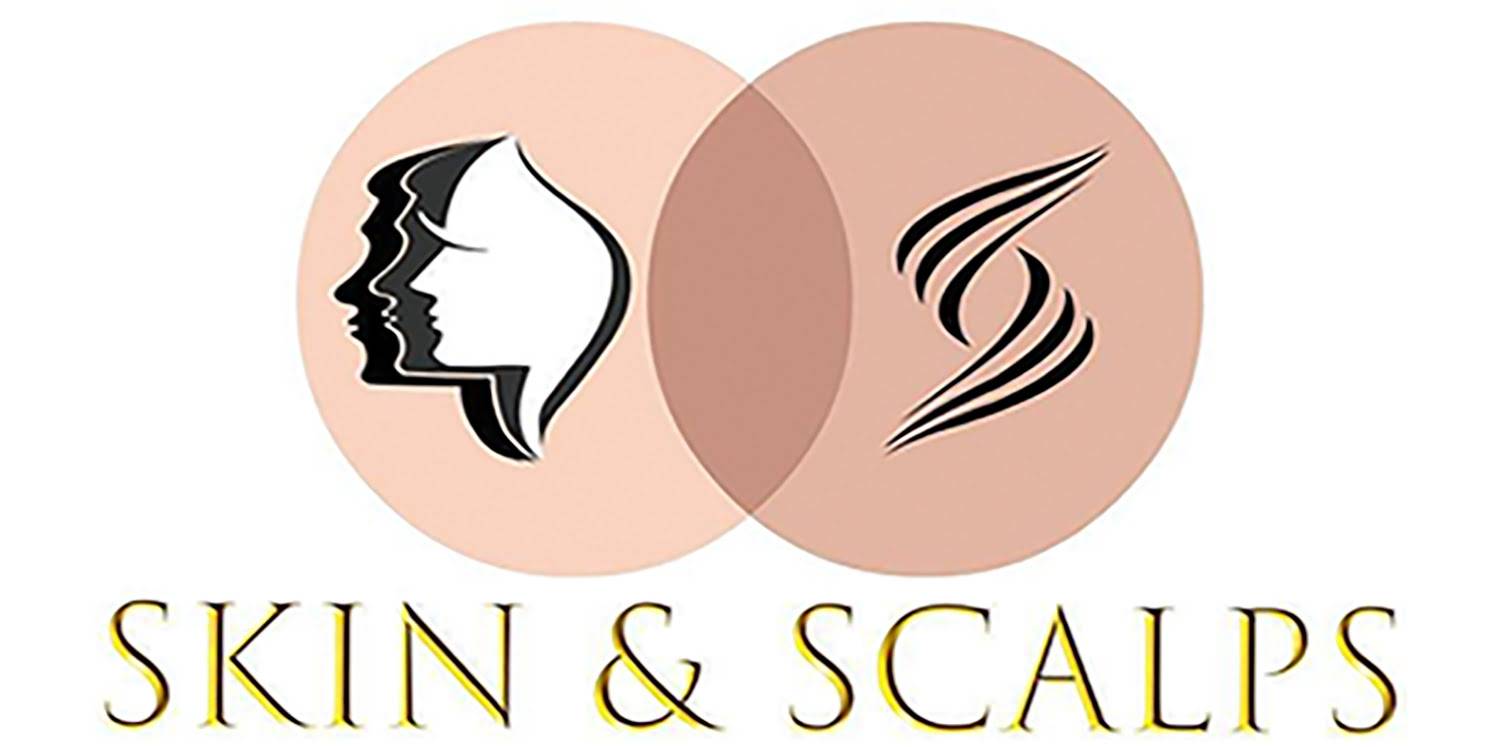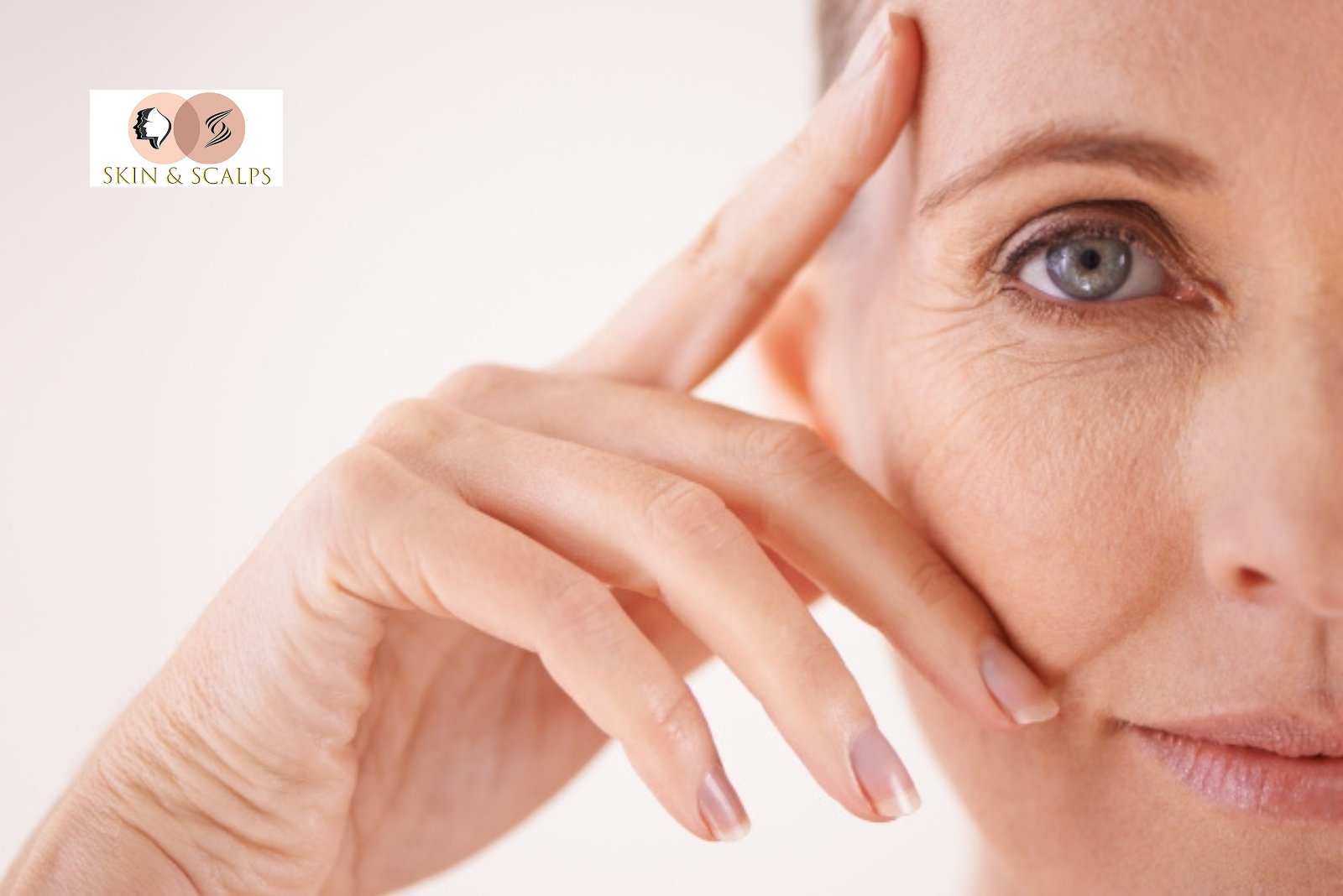The foundation of youthful skin often originates in the kitchen, even though creams, serums, and treatments can do wonders. The way your skin feels, looks, and ages is influenced by every meal you eat. While the correct foods can slow down aging at the cellular level, poor nutrition can leave your complexion looking lifeless, dehydrated, or prone to wrinkles. You can increase collagen, combat free radicals, and preserve a natural glow that no product can match by providing your body with water, vitamins, antioxidants, and healthy fats. True anti-aging, in our view, begins much deeper than the skin’s surface.
Why Nutrition Matters for Skin Aging
Your internal health is reflected in your skin, the largest organ in the body. Poor nutrition leads to dullness, fine lines, and early sagging. On the other hand, balanced meals provide the basis for defense and recovery. Antioxidants, healthy fats, vitamins, and minerals can help prevent free radical damage, one of the main causes of aging skin.
Hydration: The Foundation of Youthful Skin
When it comes to anti-aging practices, water is frequently neglected. Dehydrated skin gives the appearance of being older, flaky, and exhausted. Water consumption keeps skin plump and aids in the removal of toxins. Additional hydration is provided by herbal teas and fruits high in water, such as cucumber and watermelon. Stay clear of excessive alcohol and caffeine, as they can cause skin dryness.
The Role of Antioxidants
Antioxidants are your skin’s best defense against premature aging. They combat free radicals caused by pollution, stress, and sunlight. Antioxidant such as Vitamin C, which is found in citrus fruits, promotes the production of collagen. And Vitamin E, which is found in almonds and sunflower seeds, helps to preserve elasticity. It ensures your body receives these vital nutrients daily along with leafy greens, bell peppers, and colorful berries.
Healthy Fats for Firmness
When it comes to the health of your skin, fat is not your enemy. Omega-3 fatty acids maintain skin suppleness and lessen inflammation. Flaxseeds, walnuts, and salmon are good sources. Monounsaturated fats found in avocados help to fortify the skin’s protective layer. Consuming these fats on a regular basis softens and strengthens your skin.
Protein: The Building Block of Collagen
The firmness and structure of skin are attributed to collagen, which diminishes with age. You can slow this decline by eating enough protein. The amino acids required for collagen repair are found in eggs, chicken, lentils, and beans. Protein works better when combined with foods high in vitamin C. Stronger skin and fewer wrinkles are guaranteed by this combination.
The Power of Micronutrients
Minerals and vitamins are tiny but have strong effects. Pumpkin seeds contain zinc, which aids in healing and lessens acne scarring. Brazil nuts contain selenium, which shields skin from UV rays. Iron helps skin cells receive oxygen, which keeps them healthy. When combined, these micronutrients help maintain a healthy complexion and delay the aging process.
Gut Health and Skin Connection
Your skin and gut are closely related. Breakouts, boredom, or even early aging are frequently caused by an unhealthy gut. The gut microbiome is balanced by probiotics like kefir and yogurt. Sauerkraut and kimchi are examples of fermented foods that increase the variety of gut bacteria. Anti-aging nutrition is more effective when the digestive system is in good health because it enhances nutrient absorption.
Foods to Limit for Ageless Skin
Not every food is good for your skin. Glycation is accelerated by refined sugar, weakening collagen and causing sagging. Trans fat-rich processed foods make you feel more irritated and dreary. Excessive salt causes water retention, which makes your skin swollen and exhausted. Cutting back on these foods slows down the aging process.
Lifestyle Choices that Enhance Diet
Healthy lifestyle choices are the best way to support a diet. Frequent exercise increases blood flow and nourishes skin cells. Your body can heal itself overnight if you get enough sleep. Stress reduction techniques like yoga or meditation lower cortisol, which hastens aging. The advantages of an anti-aging diet are increased when these behaviors are combined.
Building a Sustainable Anti-Aging Diet
Consistency is the key to long-term success. Very rarely do short-term solutions yield long-term advantages. Instead, concentrate on creating meals that are high in colorful vegetables, lean proteins, healthy fats, and whole foods. To maintain nutrient balance and variety, rotate seasonal produce. Skin texture and radiance can be improved over time with minor, regular adjustments.
Final Thoughts
There is more to anti-aging than just serums and treatments. It starts with what you put on your plate and is a comprehensive process. You can defend your skin from the inside out by making healthy food and hydration choices. At Skin & Scalps, we promote an all-encompassing strategy for skin health, from the inside out. A long-lasting, radiant skin is the outcome of combining skincare and nutrition.

